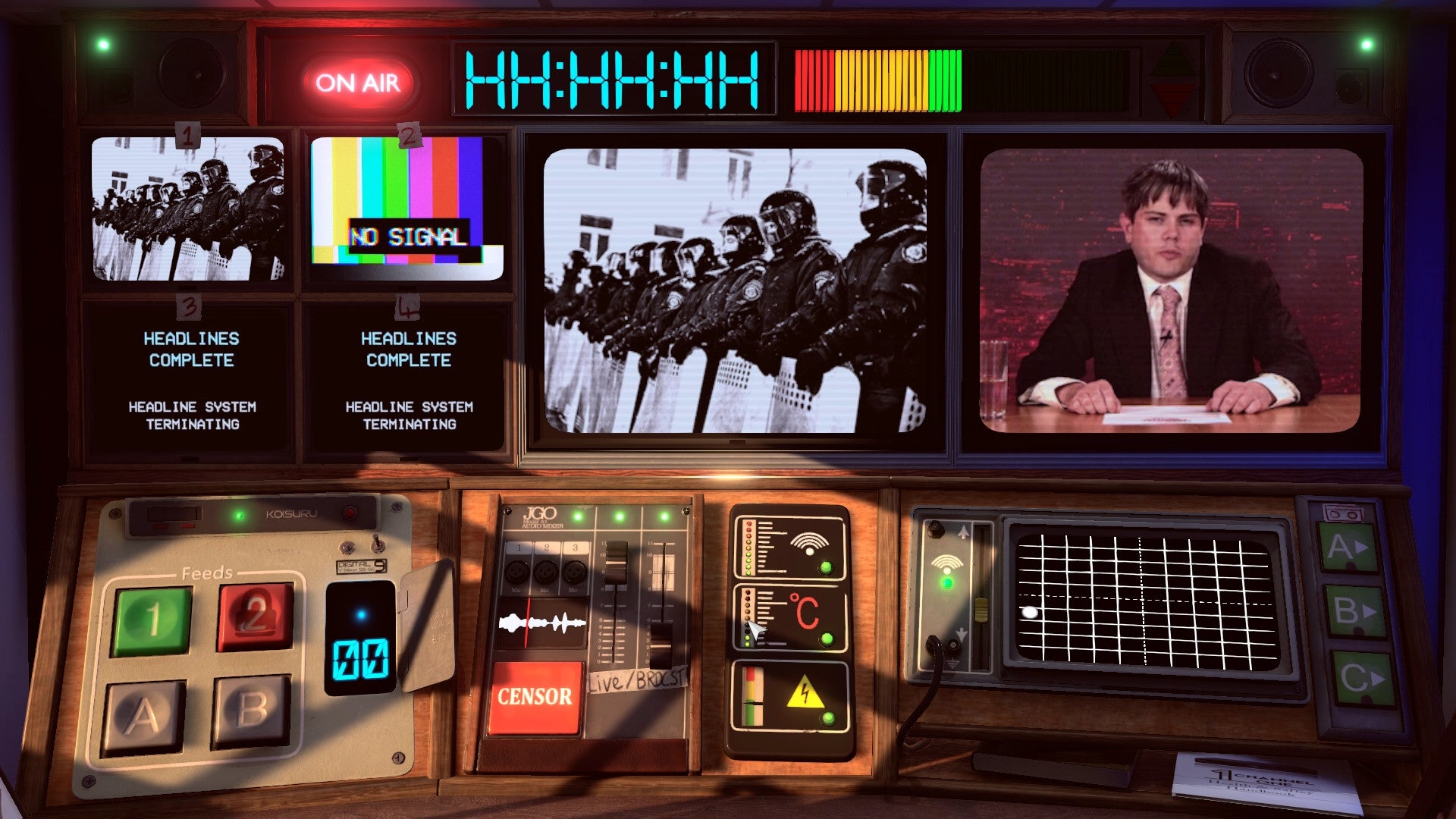- The Publisher Newsletter
- Posts
- Thursday 9th March: Only 22% of 180 top editors are women
Thursday 9th March: Only 22% of 180 top editors are women
Good morning! Today's newsletter is brought to you by Chris.
Want to promote an event? Get attention for your new report? Do you simply want to shout about what your company does? We're opening up this slot right here for adverts.
Ads - banners, text, or a mix - can be booked day-by-day or, if you would like to take advantage of our block booking discounts, just hit reply on this email.
Happy International Women's Day for yesterday! My inbox was swamped with stories celebrating women in the media (and this trenchant and necessary counterpoint from Terri White) but, as this update from the Reuters Institute demonstrates, there is still an extremely long way to go to achieve gender parity in representation in editor positions, let alone in terms of pay.
"Despite continued critical scrutiny of the lack of diversity in the industry, and recognition of how poorly journalism and the news media often reflect the societies they cover in terms of their personnel profile – especially at the senior level – we have found no overall trend towards greater gender parity among top editors."
There are some outliers, and the UK ranks third in terms of having senior editors who are women. Before we break our arms patting ourselves on the back, though, that figure is still only 35% - and is actually down on the figure from the previous year. Loads of work still to do.
For publishers with paywalls, benchmarking can be useful to get a sense of where a paywall is performing strongly, and where improvements can be made. Here are four findings we've drawn out from a new benchmarking report from Poool to help publishers evaluate, improve and optimise their paywall conversion rates.
I've written about why more publishers should make newsgames before, and always wanted to follow up with an article on games about news. Now, unfortunately, I've been beaten to the punch with this write-up of how playing games about misinformation dissemination are training players to be alert for real-world abuses. Really fun article (and I can recommend playing Not For Broadcast for its own sake, really fun little game).
Charlotte Henry and I chatted very briefly about this topic in the wake of the Great Twitter Outage of 6th March (the sixth so far this year and unbelievably not even the most embarrassing thing Musk's done on Twitter this week) but she's expanded some of her thoughts on it here. Her argument, building in part on a post from Adam Tinworth, is that journalists are increasingly part of the creator economy, and need to think of themselves as such.
TIME was 100 last week, and we took the chance to speak to its Editor In Chief and Executive Chairman Edward Felsenthal about how the publication made it to its centenary. He tells us about the tradition of innovation at TIME, building trust with global audiences, and how legacy is not a bad word in magazines.



